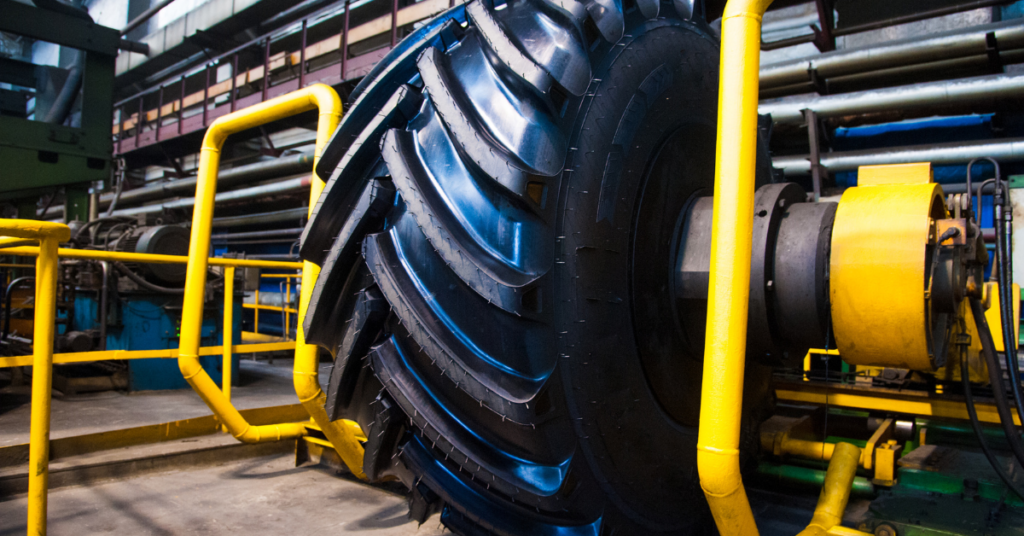
India has ample tyre manufacturing capacity, and imports should not be liberalised through free trade agreements (FTAs) with duty concessions, according to the Automotive Tyre Manufacturers’ Association (ATMA). The industry body emphasized that domestic manufacturing capabilities in the automotive tyre sector are strong enough to make imports unnecessary, as communicated to the government.
This feedback was provided in response to the government’s inquiry about sectors where India can achieve self-reliance, to ensure that upcoming FTAs protect domestic industries, ATMA stated.
ATMA highlighted that India’s domestic tyre industry, one of the largest globally, produces over 200 million units annually across various categories, including two-wheelers, passenger vehicles, commercial vehicles, and off-road vehicles.
Despite these capabilities, tyres worth over Rs 2,000 crore were imported in the first three quarters of FY24, marking a 27% increase from the same period the previous year, ATMA noted.
“In recent years, the tyre sector has seen substantial investments, with leading manufacturers investing over Rs 35,000 crore in capacity expansion, technology upgrades, and research and development,” said ATMA Chairman Arnab Banerjee. “As new capacities come online, it is crucial to meet demand with domestic manufacturing rather than imports.”
Banerjee added that the domestic tyre industry is well-equipped to meet the needs of both domestic and international auto original equipment manufacturers (OEMs) in terms of design, development, and regular supply for all vehicle types manufactured in the country.
“The industry is ahead of the demand curve in producing all types of tyres. Auto OEMs are not importing tyres as the domestic industry meets their requirements,” Banerjee stated.
ATMA also pointed out that the domestic tyre industry is a significant employer, providing livelihoods to over 500,000 people directly and indirectly involved in manufacturing, distribution, and related services.
“Prioritising domestic tyre manufacturing is essential as it supports the livelihoods of over one million rubber growers in the country, with the tyre industry consuming over 70% of domestic natural rubber,” ATMA emphasized.
By promoting domestic production and leveraging technological advancements, India can strengthen its position as a global leader in the tyre industry while generating employment, promoting sustainability, and driving economic growth, ATMA asserted.